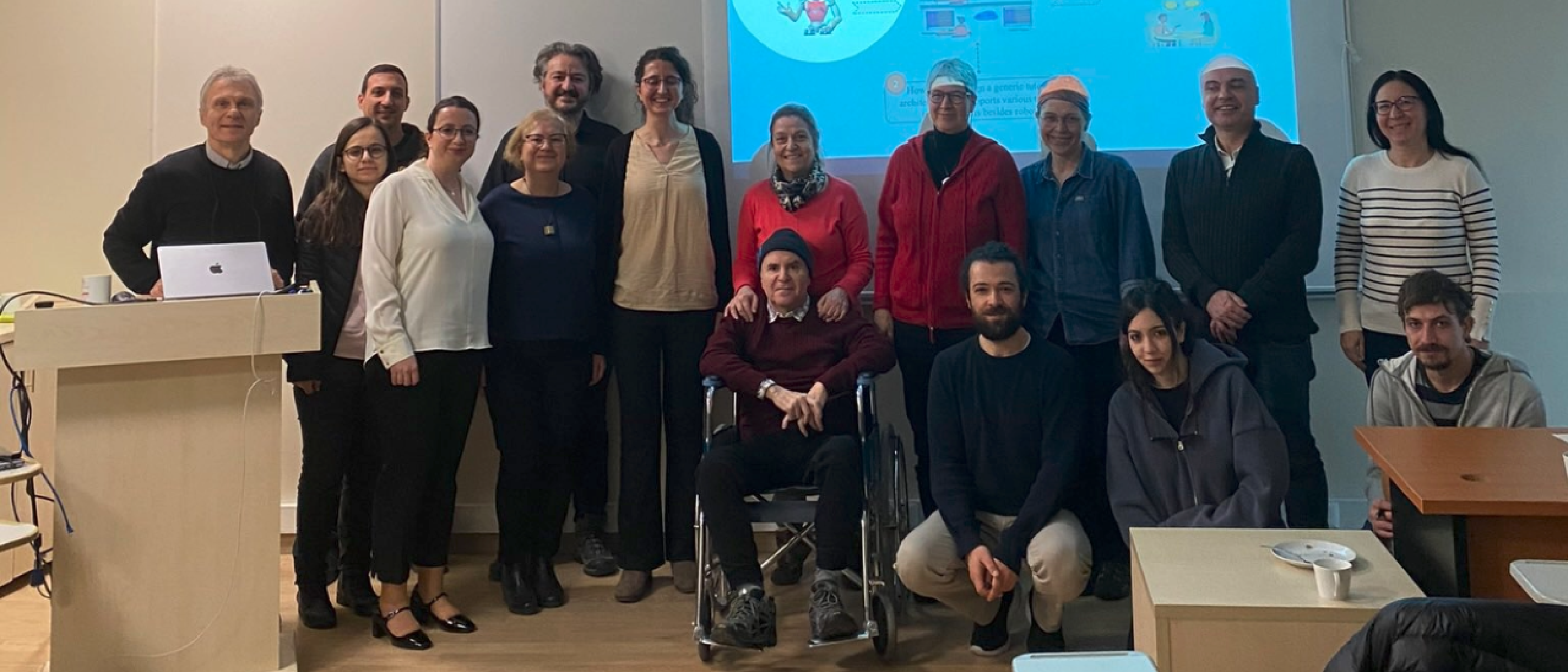Congratulations Dr. Binnur Görer!
Last modified on February 8, 2026 • 2 min read • 259 wordsBinnur Görer has successfully defended her PhD thesis

A Tutoring Framework with Robotic and Virtual Agents for Requirements Elicitation Interview Training
Abstract
Requirements elicitation interviews are a widely adopted technique where the interview success depends on the interviewer’s preparedness and communication skills. Scaling practice sessions for many students is challenging due to the need for stakeholder involvement. To address this, we introduce a robotic tutor for requirements elicitation interview training. It has components to support both the interview phase, wherein students act as interviewers while the system assumes the role of an interviewee, and the feedback phase, during which the system assesses students’ performance and offers contextual feedback. We empirically evaluated the system with a group of graduate students. Building on this study, we introduce a generic architecture to leverage multiple technologies for the tutoring agent. It also features a behavioral feedback evaluator to enhance students’ soft skills. We demonstrate the architecture’s applicability through two implementations: with a physical robotic agent and a virtual voice-only agent. Through empirical studies with another group of graduate students, we found that the participants appreciated both systems. They demonstrated higher learning gains when trained with the robotic agent but found the voice-only agent more engaging and easier to use. Our findings indicate that each system has distinct benefits and drawbacks, suggesting a customizable approach for educators’ preferences and resources. Additionally, we explore large language models to generate interview scenarios, aiming to augment the interview tutoring system with various scenarios. We assessed the quality of generated scripts with language quality metrics and an expert judgment study and confirmed their applicability.